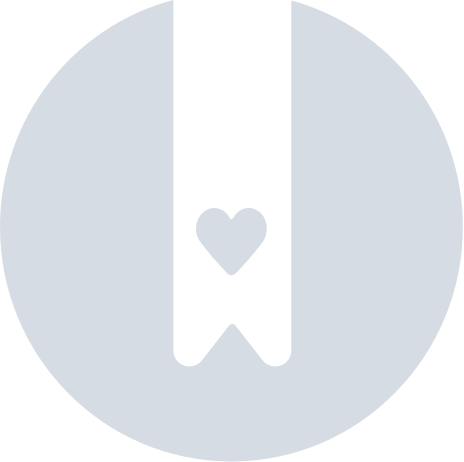Finding Other Users
The Directory
The Directory is a listing of all individual users, all Lab Groups and all Communities on the system. It can be viewed by all users, and is located in the My RSpace tab and accessed using the Directory icon in the scrolling menu.
Finding other users using the directory is intuitive: all users can browse or search all of the lists, and there are clickable link elements within each entry which can be used to access further information on that item.
Users
It would be too impractical to display all user as a single list, but all users are known to the system. You locate other users in the Users section of the Directory by searching for any name, username or email address – the search finds options matching what is being typed and you can select from the options at any time and click ‘Go’ to return details about the chosen user. As elsewhere, clickable links allow access to further information about the user, their groups and contact details.
LabGroup List
The LabGroup List shows all LabGroups (but not Collaboration Groups, which remain private), and you can see which Community each group belongs to and can identify and contact its PI. Once again, the list can be searched using the search box, which will again limit the list to entries which match the entered term. Clicking on a Group Name in the list opens a page of information about the group including a list of its members.
Communities List
Communities are the top level administrative unit in RSpace containing a set of LabGroups, and this table displays the current communities by name. This list provides users with access to the Administrator or Administrators of each Community, who can be contacted via their profile.

